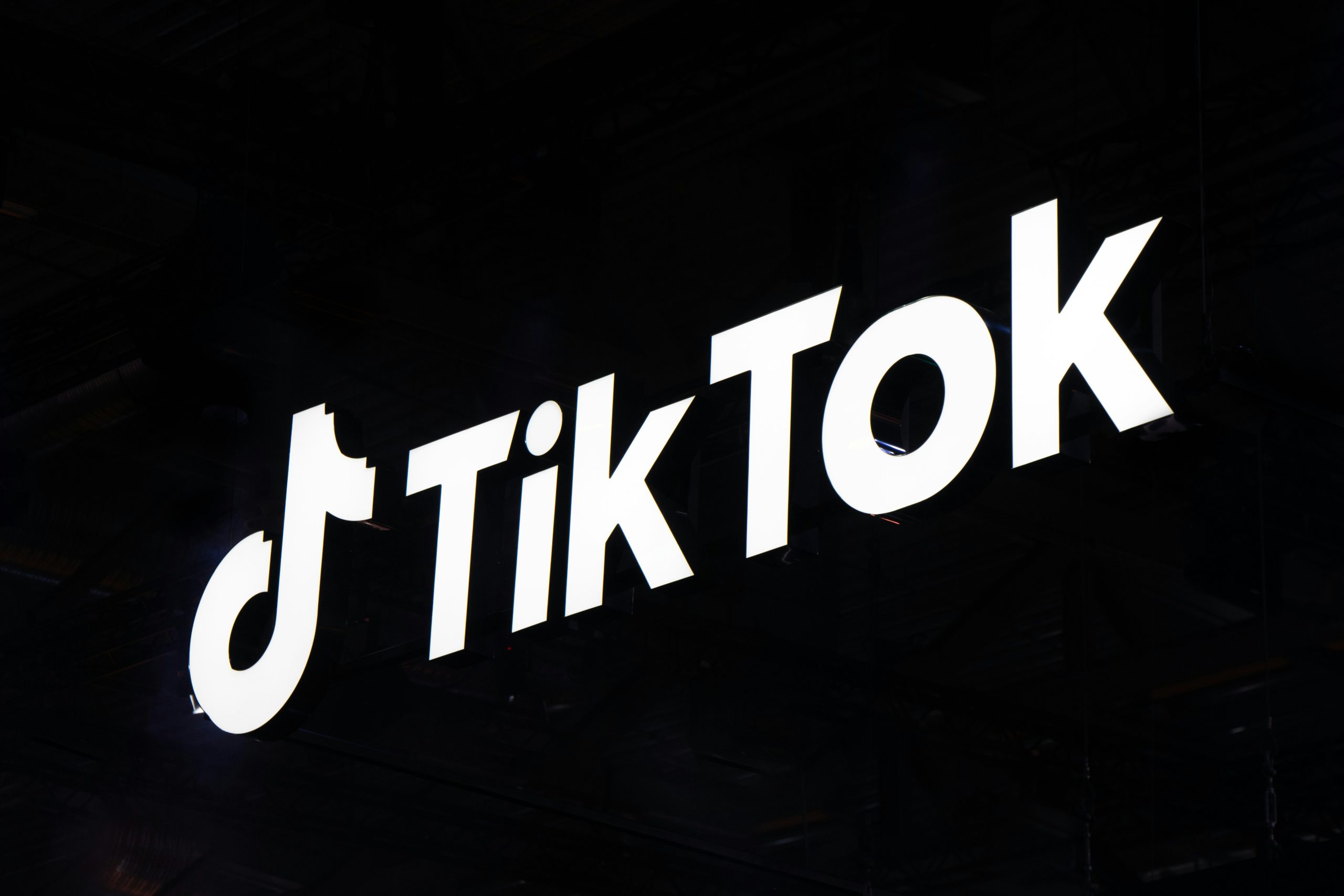
ByteDance, the company behind TikTok, recently faced a security breach involving an intern who reportedly tampered with its AI model training process. The incident, which surfaced on WeChat, has drawn attention to the need for stronger security measures within ByteDance’s AI sector.
According to ByteDance, the intern’s actions disrupted certain AI commercialisation initiatives, though the company assured that neither ongoing commercial projects nor its online services were affected. ByteDance also dispelled rumors that the breach impacted over 8,000 GPU cards or led to millions of dollars in losses, calling these claims exaggerated.
The situation underlines broader security concerns. Entrusting interns with key responsibilities without stringent oversight can lead to severe consequences, even if the disruption is limited. ByteDance’s investigation revealed that the intern, a doctoral student assigned to the commercialisation tech team rather than the AI Lab, was let go in August after exploiting a vulnerability in the AI development platform Hugging Face. This vulnerability was used to disrupt model training, although the company’s commercial Doubao model was unaffected.
ByteDance’s automated machine learning (AML) team initially struggled to identify the issue, but ultimately, the damage was contained within internal systems, avoiding impact on external projects.
In a larger context, China’s AI market, estimated to reach $250 billion in 2023, is rapidly expanding with companies like Baidu AI Cloud, SenseRobot, and Zhipu AI leading the way. Incidents like this underscore the potential risks that such security breaches pose to AI commercialisation, where accuracy and reliability directly impact market success.
The breach also calls attention to intern management in tech firms. Interns often have meaningful roles in dynamic environments, but without adequate security protocols and oversight, this can present risks. Companies must ensure that interns are trained and supervised effectively to avoid unintended or harmful actions that could disrupt workflows.
This incident sheds light on the serious risks posed to AI commercialisation by disruptions in model training, which can delay product development, erode client trust, and even lead to financial setbacks. For a company like ByteDance, where AI underpins core functions, any breach of this nature is particularly concerning.
The case underscores the importance of ethical practices in AI development. In an era where AI significantly influences business operations, it’s critical for companies not only to advance technology but also to enforce stringent security and management protocols. Maintaining transparency and accountability is key to fostering trust in these fast-evolving fields.
